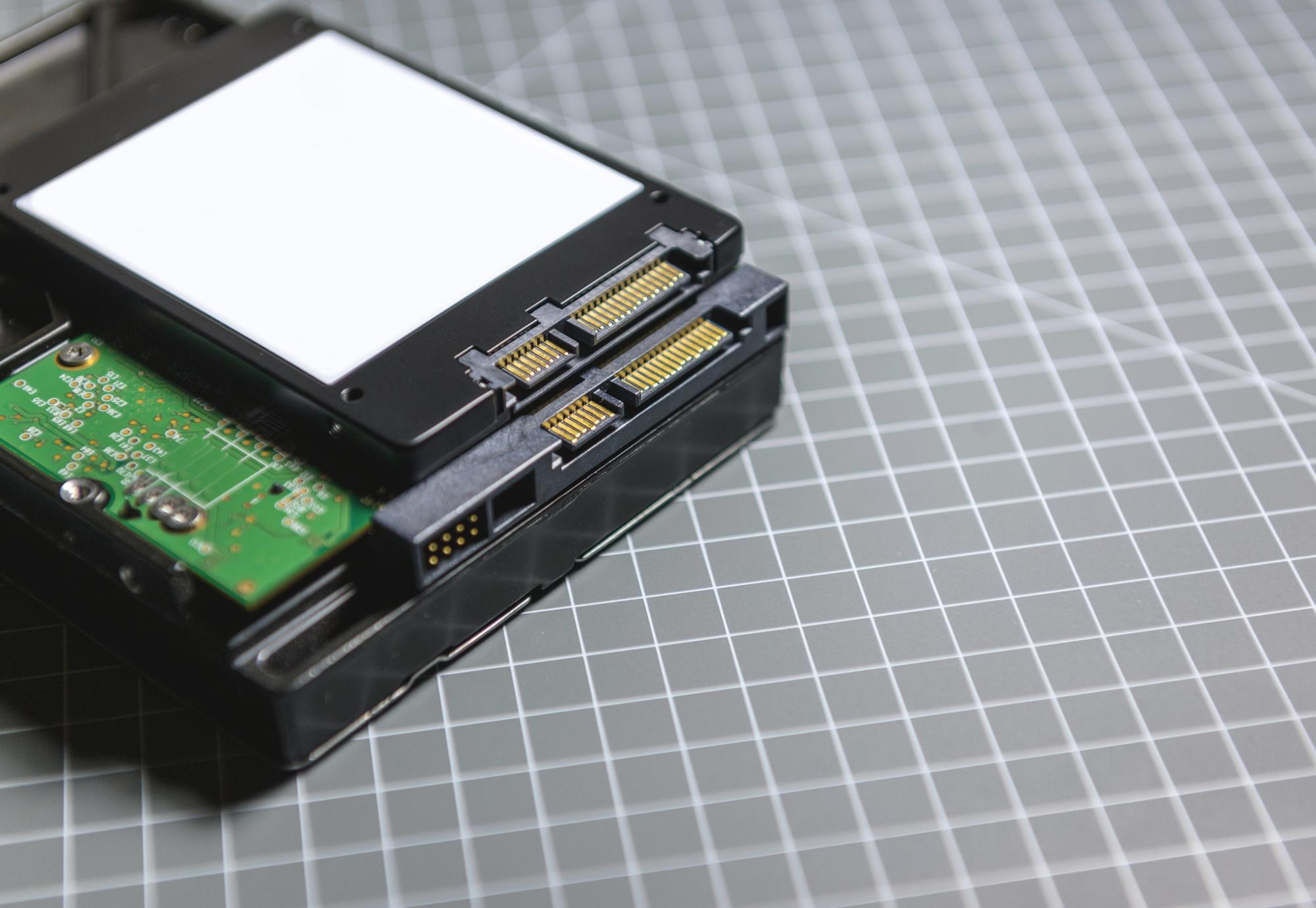New research launched today by Blancco Technology Group, the industry standard in data erasure and mobile lifecycle solutions, has revealed current practices and policies for device sanitization within the public sector.
For Blancco’s study, The Price of Destruction: Exploring the Financial & Environmental Costs of Public Sector Device Sanitization, researchers spoke to 596 government IT leaders across nine different countries, including the UK.
The survey revealed that the governments and public sector organizations spend as much as $17m annually on the physical destruction of solid-state drives (SSDs), a data storage device widely used both independently and within laptops, desktops and servers.
Additionally, replacement costs added another $40m, bringing expenses up to $57M for destroying public sector technology that is often still usable.
For 70 organizations surveyed in each country, the costs for SSD destruction and replacement reached between $6.4M and $6.9M for the UK.
Findings from the UK:
- 31% of respondents are actively implementing plans to reduce impact of IT equipment destruction.
- 83% of respondents use reformatting to sanitize drives.
- 23% of respondents believe physical destruction is cheaper than alternatives.
Environmental costs
With global electronic (e-waste) being called the ‘world’s fastest growing domestic waste stream’, the study also explored the environmental costs of physical destruction and the public sector’s current engagement with sustainable alternatives.
Unnecessary destruction increases IT operations and materials costs for fiscally constrained public sector organizations and also fosters increased e-waste creation during a global call for more prudent environmental stewardship.
Despite 54% of respondents agreeing that reuse of SSDs is better for the environment than physical destruction and almost all respondents (93%) saying their organization had defined plans to reduce the environmental impact caused by destroying IT equipment, less than a quarter (21%) are actively implementing those plans.
Security concerns
For security reasons, physical destruction is still mandated if decommissioned drives were used to store classified or secret data, while for unclassified data-bearing assets, other data sanitization solutions are available.
On the whole, respondents were well informed of their country’s or region’s respective data protection laws.
However, some respondents’ processes for carrying out compliant SSD sanitization were concerning for Blancco, as 78% of respondents globally said they reformat drives to sanitize them.
However, formatting alone can still leave drives vulnerable during transport or storage and much of the data can be recovered with forensics tools easily available online.
Commenting, President of Global Strategy at Blancco, Alan Bentley said:
“Governments and public sector organizations are responsible for handling some of the most sensitive information in the world.
"But several factors, including accelerated digital transformation, rising numbers of public sector data breaches and global sustainability initiatives are changing the data management landscape
“With growing environmental and funding pressures, there is a need for these public sector operations to be more sustainable and efficient while maintaining robust security.
"Public sector organizations must explore SSD sanitization alternatives to demonstrate prudent use of agency funds and a greater contribution to national and international sustainability efforts.
“We’ve seen several public sector departments benefit from moving away from destroying data bearing assets to reusing them or building up the circular economy.
“Our study highlights that there are significant opportunities for policy reform surrounding SSD data protection as national policymakers seek to steward financial, environmental and data resources entrusted to their care.”
The report concluded that governments and public sector organizations are committing to sustainability improvements, but very few have pushed forward with their implementation, which is resulting in a high cost of SSD destruction and replacement.
PSE will be hosting a Public Sector Decarbonisation in association with Liberty Charge virtual event on 17 March 2022. Join us for the full day event by registering here.



















